5th Floor, West Tower, World Financial Centre
1 Dong San Huan Middle Road
Chaoyang District, Beijing 100020, China
Tel: +86 10 5081 5880

July 24, 2023
2023 SAIF Commencement: Celebrating Academic Achievement at SJTU
The 2023 SAIF Commencement Ceremony took place on July 1st at the Xuhui Campus of Shanghai Jiao Tong University (SJTU). This significant event was attended by nearly 1,000 graduates, esteemed SJTU leaders, and faculty representatives.
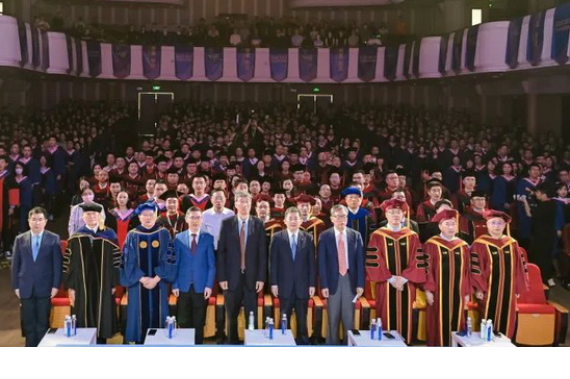
June 29, 2023
Nobel Prize Winner Christopher Pissarides Speaks at the 14th Lujiazui Forum
Renowned economist and Nobel laureate Christopher Pissarides was a distinguished speaker at the 14th Lujiazui Forum, where he delivered his latest insights on the crucial topics of Global Monetary Policy Adjustment and Financial Risk Mitigation. Hosted by
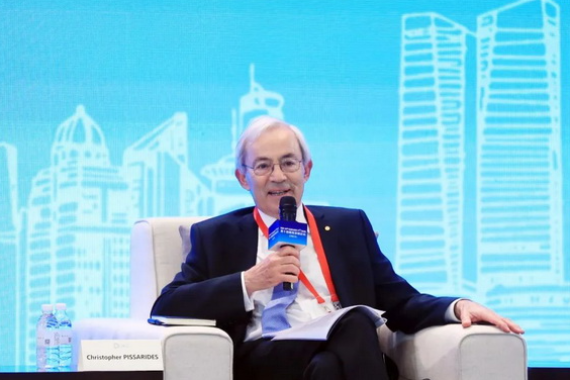
June 27, 2023
The 14th Annual Lujiazui Forum: Enhancing Global Financial Openness
As the chief academic supporter of the 14th Lujiazui Forum, the Shanghai Advanced Institute of Finance (SAIF) offered extensive academic support, and numerous SAIF professors were in attendance to engage in discussions regarding global financial opening a
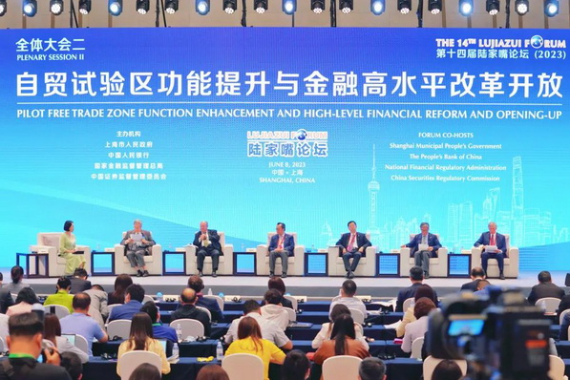
June 26, 2023
2023 International Forum for China Impact Investing: A Platform for Innovation, ...
The recently concluded “2023 International Forum for China Impact Investing (IFCII)” held in Shanghai from June 6th to June 7th saw over seventy guests sharing their insights on the future of China Impact Investment. The forum was hosted by the Chinese Ac
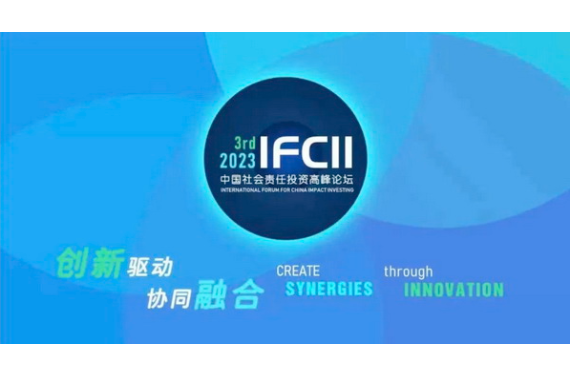
June 25, 2023
Release of the 2023 China QuanTech White Paper
The 2023 QuanTech Festival, held on June 2nd and 3rd at the Shanghai World Expo Center, provided a platform for the release of the "2023 China QuanTech White Paper". This report, which is part of the series of reports published by the think tank at SAIF,
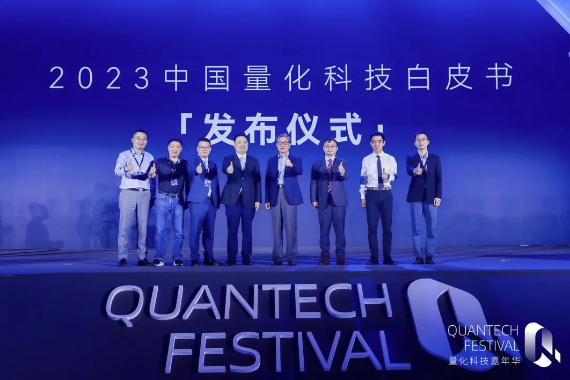
June 21, 2023
SAIF International Expert Board of Program Development Inaugurated
On May 27th, the SAIF International Expert Board (IEB) of Program Development and Closed-door Forum held its inauguration ceremony. The event was attended by high-ranking officials, distinguished international experts, and representatives who gathered to
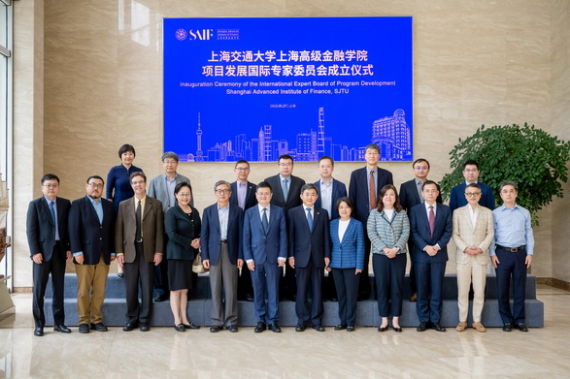
June 01, 2023
First Chartered Global Fintech Conference Held
On May 24, SAIF and the Shanghai Financial Association hosted the inaugural Chartered Global Fintech (CGFT) Conference. Shanghai Vice Mayor Dong Xie's written speech welcomed CGFT's growing influence in cultivating composite fintech talent. SAIF Executive
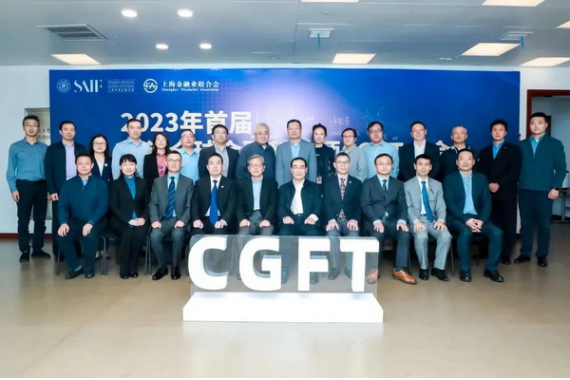
May 26, 2023
Ninth Annual Conference of China Securitization Forum Held in Beijing
The 9th Annual Conference of China Securitization Forum (CSF), a prominent yearly gathering for the domestic securitization market, took place in Beijing from April 27th to April 28th. This conference, jointly organized by SAIFR and CSF, served as a platf
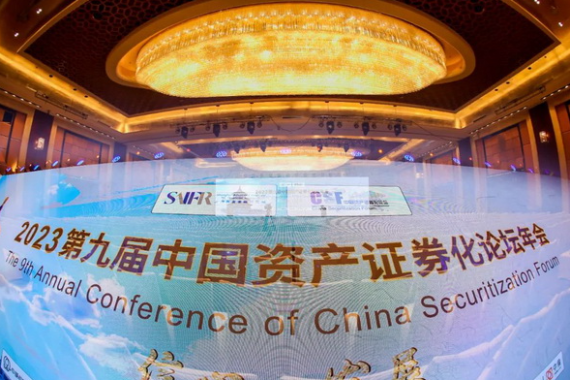
May 25, 2023
Strategic Cooperation Between SAIF and Sina Finance
On April 25th, Shanghai Advanced Institute of Finance (SAIF) and Sina Finance, the leading financial information service provider in China, signed a strategic cooperation agreement. The agreement was based upon the principles of "Equal, Complementary, and
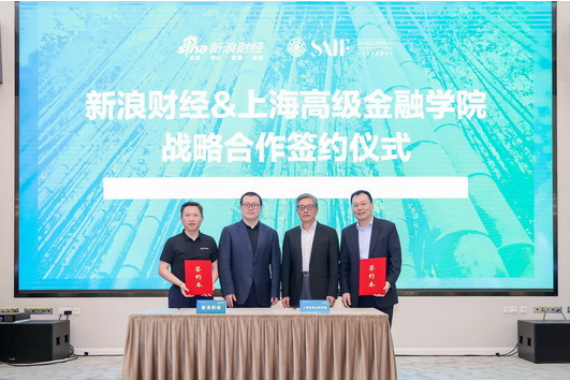
May 24, 2023
SAIF and DME Renew Strategic Cooperation for Futures Talent Training
In a recent renewal of their strategic cooperation agreement, SAIF and Dalian Commodity Exchange (DME) have reaffirmed their commitment to promoting professional futures talent training. This agreement builds upon the successful cooperation both parties h
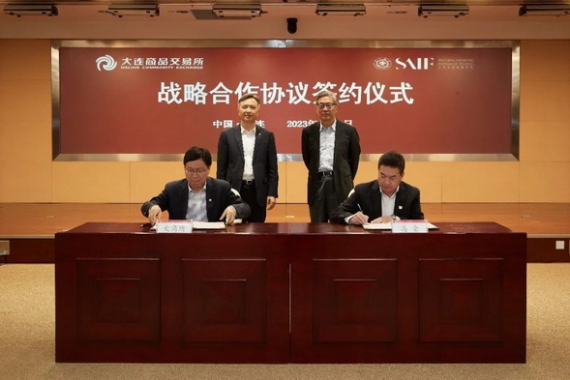

211 West Huaihai Road
Shanghai 200030, China
Tel: +86 21 6293 3500
9th Floor, Building T6, Hongqiao Hui
990 Shenchang Road
Shanghai 201106, China
3rd Floor, Building D, Chenfeng Building
800 Tongpu Road
Shanghai 200062, China
5th Floor, West Tower, World Financial Centre
1 Dong San Huan Middle Road
Chaoyang District, Beijing 100020, China
Tel: +86 10 5081 5880
1203 Tower 7, One Shenzhen Bay
Nanshan District, Shenzhen 518000, China
Tel: +86 755 8663 8815
© Shanghai Advanced Institute of Finance All Rights Reserved.


Top